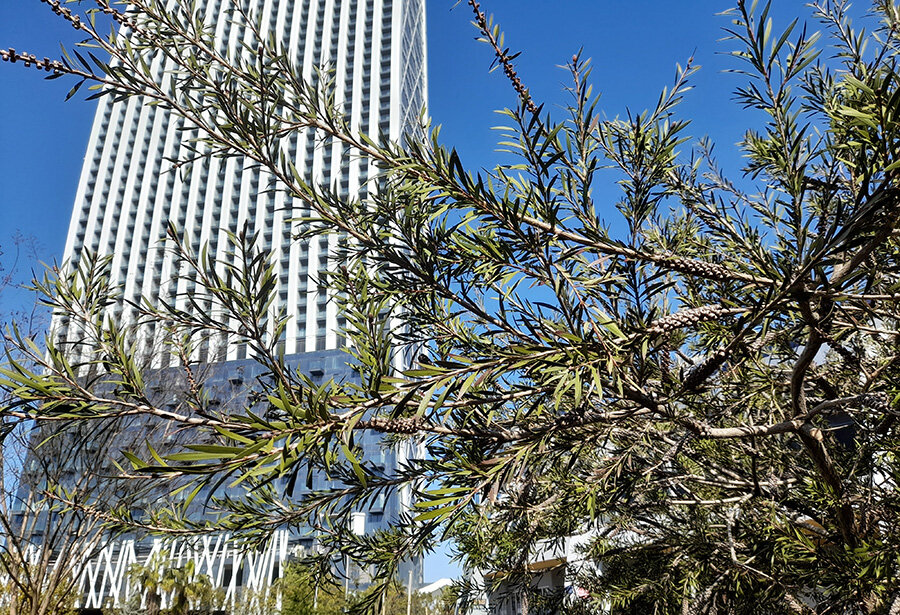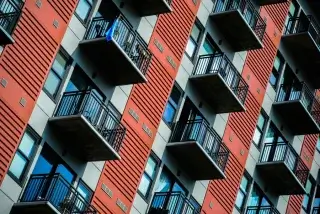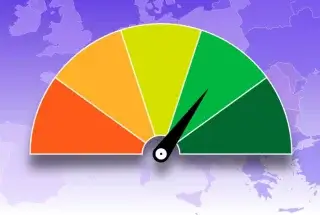Real Estate in Batumi and Tbilisi: How Prices and Demand Changed in March 2025

The residential real estate market in Georgia continues to demonstrate stable growth, supported by improved macroeconomic indicators and strong investment interest. Batumi remains the most dynamic city, with Colliers Georgia reporting record-high price levels. At the same time, Tbilisi maintains its position as the country’s largest real estate market by transaction volume, with new developments seeing rising demand.
Spring Market Highlights
In March 2025, Tbilisi recorded 3,064 residential property transactions — a slight decrease of 1.5% compared to March 2024. However, the total transaction volume rose to $243 million, reflecting a 16.7% year-on-year increase. This suggests a shift toward higher-end properties and growing activity in premium zones.
The new development segment in Tbilisi continues to strengthen: transactions rose by 4.2%, and prices increased significantly in central and near-center neighborhoods. In the “wider center,” prices jumped by 27.7%, in the central districts by 21%, and in suburban areas by 7.3%.
In contrast, the secondary market saw a 15.5% drop in the number of deals. However, prices continued to rise, indicating sustained interest in quality existing properties with strong infrastructure. In the wider center, prices rose by 11.6%, by 0.5% in the central areas, and by 10.2% in suburban neighborhoods.
Batumi, meanwhile, continues to expand rapidly. In March 2025, the city registered 1,233 transactions — up 5.7% year-on-year. The total monetary turnover reached $64 million, a 4.9% increase compared to March 2024.
New developments in Batumi are driving growth, with the number of transactions up 12%. The average price per square meter rose to $1,170 — 4% higher than in March 2024. On the other hand, the secondary market declined significantly with a 46.5% drop in transactions, yet prices rose sharply by 22.5%, reaching $1,149 per sqm.
This market imbalance reflects the structure of supply, as most capital flows into the primary market, especially in tourist-friendly coastal zones.
Investment Activity and the Premium Segment
According to International Private Investment, Batumi’s high-end residential segment remains the key driver of Georgia’s real estate market. This segment has shown consistent 30% annual growth, driven by limited land availability and a lack of premium stock. Batumi has the highest concentration of elite residential and hotel projects, including developments by international operators.
The most expensive areas are the Old Town ($2,031/sqm) and Gonio–Kvariati ($1,965/sqm). Gonio–Kvariati is emerging as a distinct premium micro-market with luxury residences and international-class hotels. More affordable areas include New Boulevard ($1,413), Makhinjauri ($1,364), and Kobuleti ($1,265), which are also growing, especially in short-term rental and apart-hotel sectors.
Batumi maintains strong investment appeal with an average rental yield of 8.8% annually (excluding operating costs). In February 2025, the market reported:
New-build prices rose by 14.4% to $1,189/sqm
Secondary market prices increased by 8.8% to $1,099/sqm
Transactions grew by 6.4%
Total monetary turnover jumped by 13.1%
In Tbilisi, average new-build prices in January 2025 reached $1,319/sqm, while secondary housing stood at $1,229/sqm. The total transaction volume hit $242.2 million — a 5.7% year-on-year increase, despite a 4.9% drop in the number of deals. In February, the average price rose by 1% to $1,222/sqm. Rental rates fell to $10.6/sqm — 12% lower than the previous year. Only 7 building permits were issued in January 2025, a 46.1% decline year-on-year.
Macroeconomic Outlook: Growth Exceeding Expectations
International organizations continue to revise their forecasts for Georgia upward. In April 2025, the Asian Development Bank (ADB) upgraded its GDP growth forecast to 6%, citing the country's strong economic resilience and leading position in the region. The European Bank for Reconstruction and Development (EBRD) expects 5.5% growth, and the International Monetary Fund (IMF) — 5.7%.
Georgia’s economy has consistently outperformed expectations in recent years: GDP grew by 10.6% in 2021, 11% in 2022, 7.5% in 2023, and 9.4% in 2024. According to national statistics, growth in 2025 is expected to approach 10% again, supported by robust domestic demand, active investment, and stable macroeconomic policy.
Подсказки: Batumi, Tbilisi, Georgia, real estate, investment, property prices, rental yields, 2025, housing market, apartments, new developments, secondary market








